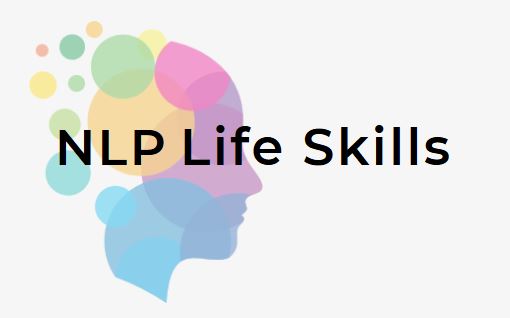Beliefs are a crucial component of neuro-linguistic programming (NLP) and refer to the convictions or assumptions that individuals hold about themselves, others, and the world. Essentially, A belief is what we hold be be true. Beliefs shape individuals’ perceptions of reality and influence their thoughts, feelings, and behaviors.
Beliefs are seen as having a powerful impact on individuals’ lives and are considered to be a critical component of personal development and self-awareness. They can be either empowering or limiting, and it is important for individuals to be aware of the beliefs that are shaping their perceptions of the world and their experiences.
Limiting beliefs are negative or self-defeating thoughts and convictions that individuals hold about themselves, others, or the world. The beliefs can have a crippling effect drastically shaping behaviors and perceptions. For example, an individual may have a limiting belief that “I am not good enough,” holding them back from pursuing their dreams or taking risks in life such as the next promotion or starting a business. There are a number of different techniques for addressing this problem. One method is to perform the Reframing Technique.
- Identify the limiting belief: The first step is to identify the specific limiting belief that is holding you back. This belief may be related to your self-esteem, confidence, or ability to succeed.
- Challenge the limiting belief: The next step is to challenge the validity of the limiting belief. Ask yourself questions such as, “Is this belief really true?” “What evidence do I have to support this belief?” and “What would happen if I let go of this belief?”
- Reframe the belief: Once you have challenged the limiting belief, it’s time to reframe it into a more empowering belief. This involves re-interpreting the belief in a more positive or optimistic way. For example, if your limiting belief is “I’m not good enough,” you could reframe it as “I have unique talents and abilities that make me valuable.”
- Repeat the new belief: Once you have reframed the belief, it’s important to repeat the new belief to yourself several times a day, until it becomes a habit. You can also write the new belief down and place it somewhere where you will see it regularly.
- Test the belief: The final step is to test the new belief in real-life situations. Take actions that align with the new belief and observe how your thoughts, feelings, and behaviors change as a result
This process can lead to increased self-awareness, self-confidence, and personal growth. In addition to their impact on individuals, beliefs also play a crucial role in communication and relationships. By understanding others’ beliefs, individuals are better equipped to build rapport and establish trust, which can lead to more positive and productive interactions.




